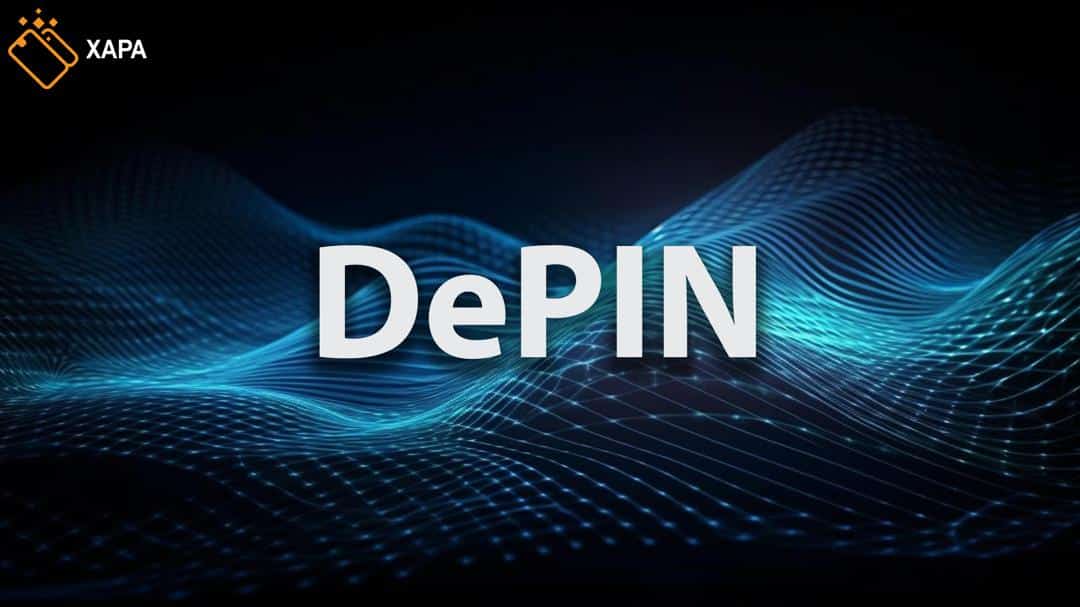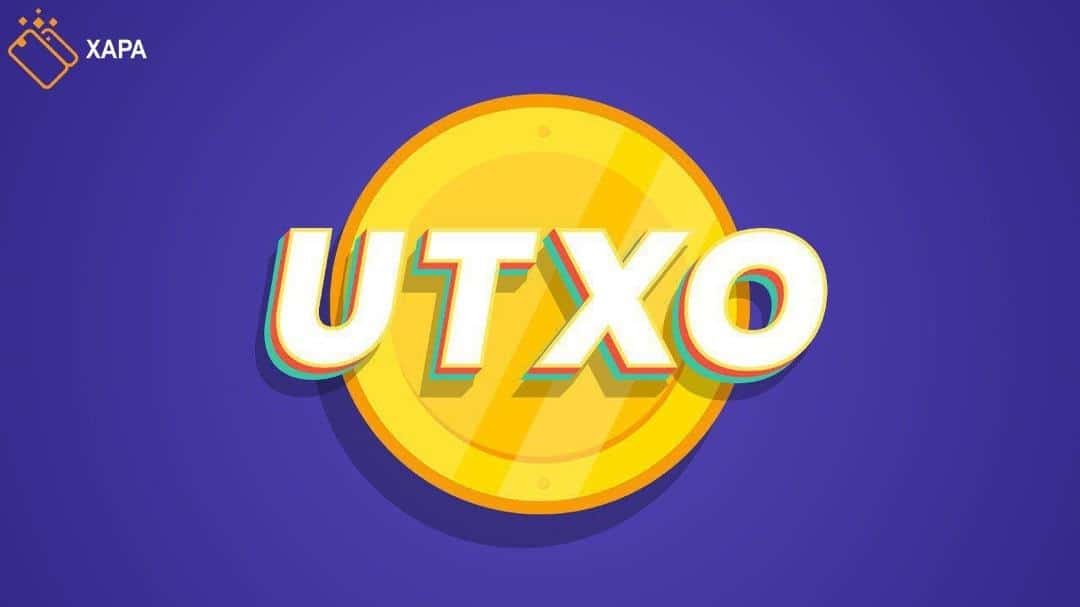
Everything About Decentralized Exchanges
A decentralized exchange (DEX) simply allows users to trade cryptocurrencies without an intermediary. In order to have a better understanding of decentralized exchanges and how they work, you must first know how centralized exchanges work.
Centralized Exchanges
Centralized exchanges such as Binance or Coinbase are applications you can download to your device or sites that allow users to buy, sell, and trade cryptocurrencies or tokens. Now let’simagine you want to buy Bitcoin from a centralized exchange. First of all you will need to sign up, provide banking details and necessary identifying information, and then you will have to deposit some cash. One drawback of centralized exchanges is that this process may sometimes take days. After making the transaction, your Bitcoins will be shown in your account, but thething is you don’t really hold them. The exchange acts as a custodian on your behalf, whichmeans any trading you do, are actually not occurring on a blockchain. In fact, they occur withinthe exchange’s database. This is how it works: Your cryptocurrencies are pooled into walletsconnected to the internet, often known as Hot Wallets, and your private keys are controlled by the exchange. That being said, you can transfer your funds to a private wallet anytime.
Decentralized Exchanges
Unlike centralized exchanges, decentralized exchanges do not take control over your cryptocurrency and use smart contracts to facilitate trading between individuals, which is done in one of three ways: the traditional an on-chain/off-chain order book, or an automated market maker approach (AMM).
However in an on-chain order book, in addition to transactions, requests to purchase and requests to cancel an order are also written onto a blockchain. Although putting every little detail on a blockchain could make it slower and more expensive, it is the ultimate in decentralization. On the other hand, in an off-chain order book, everything happens elsewhere and only the final transaction is settled on the blockchain, making it a little bit less costly and faster than an on-chain order book. In an automated market maker approach prices you get for an asset are determined by a formula instead and no counterparty is needed if you want to make a trade. Smart contracts have it all covered.
Advantages
DEXs are private because they don’t ask for private information and they don’t take control ofassets. Also, they are known to be less risky as you hold the private keys to your own wallet, and since they are completely decentralized, you can keep trading on a DEX while centralized exchanges are down for maintenance.
Follow Xapa and stay tuned for more!






open binance account
Thanks for sharing. I read many of your blog posts, cool, your blog is very good.
www.binance.com registrera dig
Your article helped me a lot, is there any more related content? Thanks! https://www.binance.info/ES_la/register-person?ref=T7KCZASX